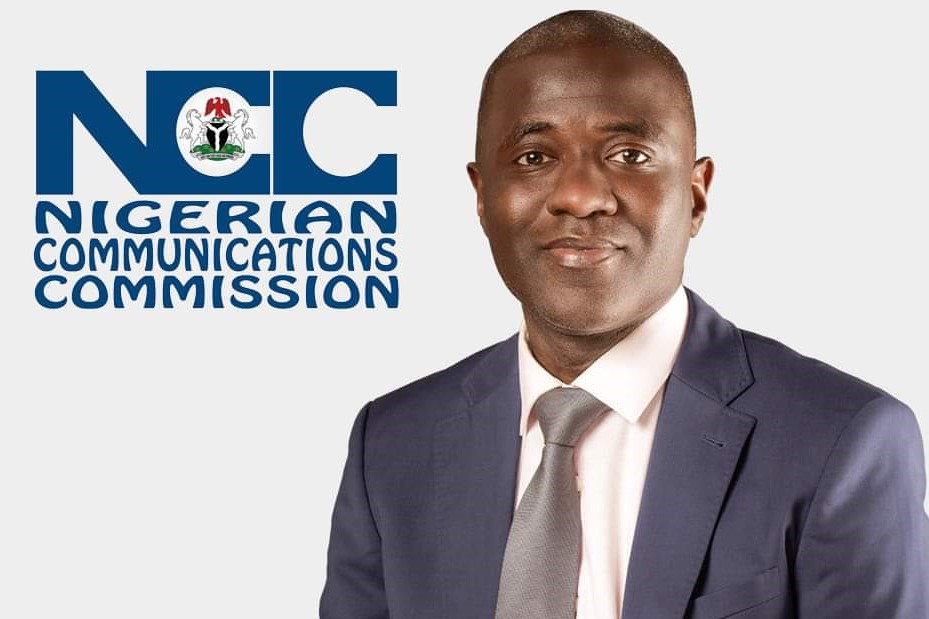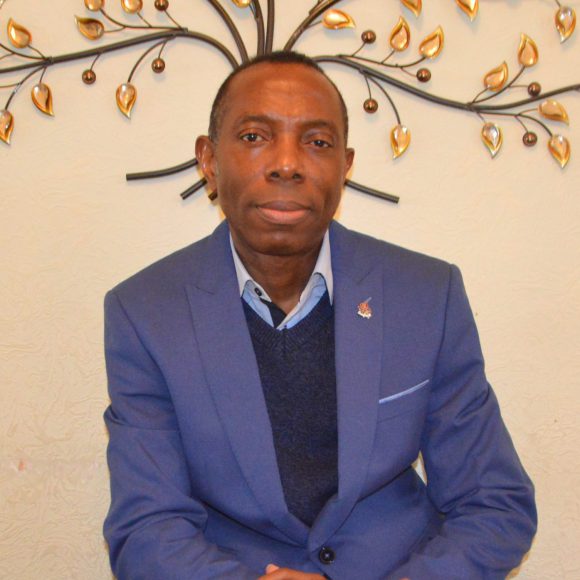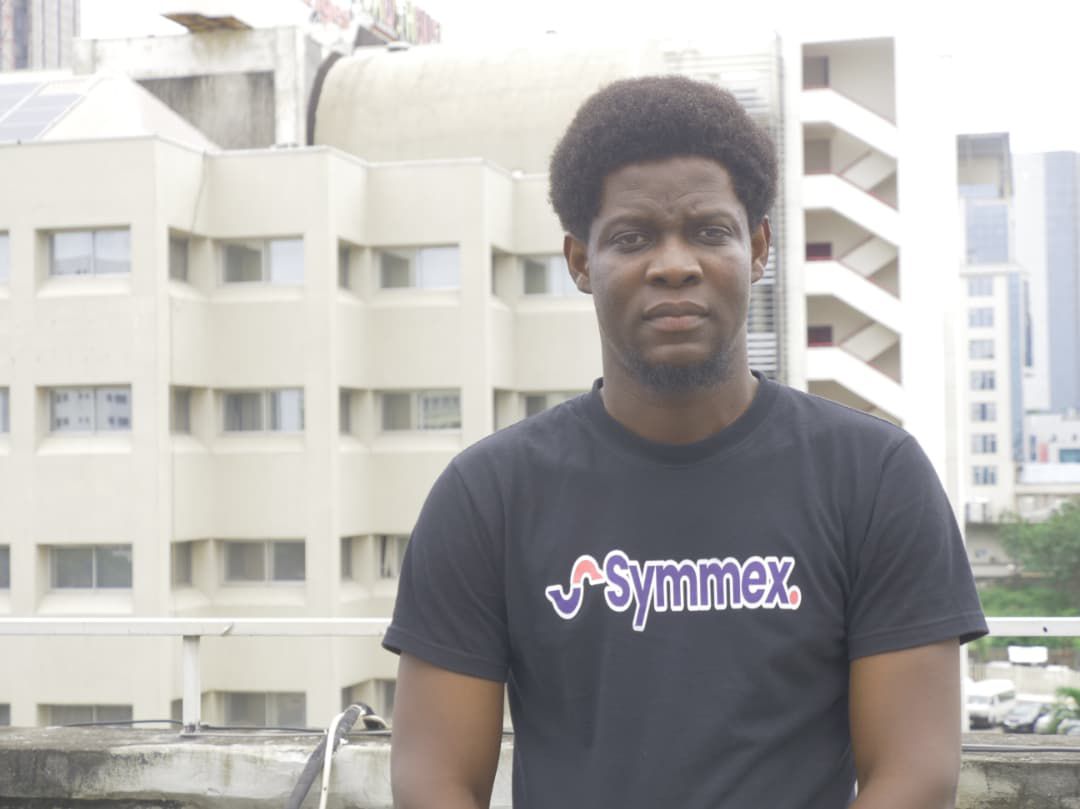Professor Hippolite Amadi is the winner of The Nigeria Prize for Science 2023 on “Innovation for Enhancement of Healthcare Therapy” with his three (3) technological innovations aimed at saving the lives of neonates by making the delivery of oxygen cheap and easy.
His engineering and medical career has lasted over three decades, since 1987, cutting across engineering-in-healthcare, orthopaedics and neonatology research. His current global prowess as an iconic contributor to medical innovations on neonatology in the world has been greatly influenced by his academic exploits, both as a student and later staff/Professor at the prestigious Imperial College London, United Kingdom. During this period, he had been celebrated in innovation and discoveries across medical disciplines as: (1) The discovery of the mathematical model that relates the capsular-insertion neck of the human proximal humerus to its anatomical neck in 2006; a discovery that enhanced the development of modern predictive tools for the planning of shoulder surgeries (2) The innovation of Recycled Incubator Technology (RIT) for neonatal incubator interventions in 2003 (3) The discovery of tropical Evening-fever Syndrome (EFS) in the neonate in 2012 and its antidote against neonatal hyperthermia in 2014 (4) The innovation of the Handy Approach (HHA) in 2012 and the Initial set-point algorithm (HISA) in 2016 for interventions against high neonatal mortality orchestrated by high incidence of neonatal thermal stress in low and middle-income countries (5) The innovation of Politeheart bubble continuous positive airway pressure (CPAP) device in 2017 (6) The innovation of Polite-One2four oxygen supply splitter system in 2019 (7) The invention of Polite02Blend in 2019, an oxygen-air blender system for neonatal respiratory support, etc.
His current practice spans across the entire regions of Nigeria, covering over 25 tertiary hospitals, in the last two decades. He has since been a regular in the WHO and World Bank list of global thinkers on impact of climate change on neonatal health from the African perspective. His Nigerian research group members are located at hospitals across the entire geopolitical zones of Nigeria; enabling him an unprecedented access to evidence based data on a national representative scale [http://neonatalconcerns.org]. He has led these groups to devise globally applaudable medical procedures and devices, with much global recognition, including the Fellowship of the Royal Society of Medicine (FRSM).
His present role at Imperial College London focuses on Frugal Medical Technology for low- and middle-income countries. This runs alongside his position of PRINCIPAL consultant at Neonatal Concerns for Africa charity organisation




